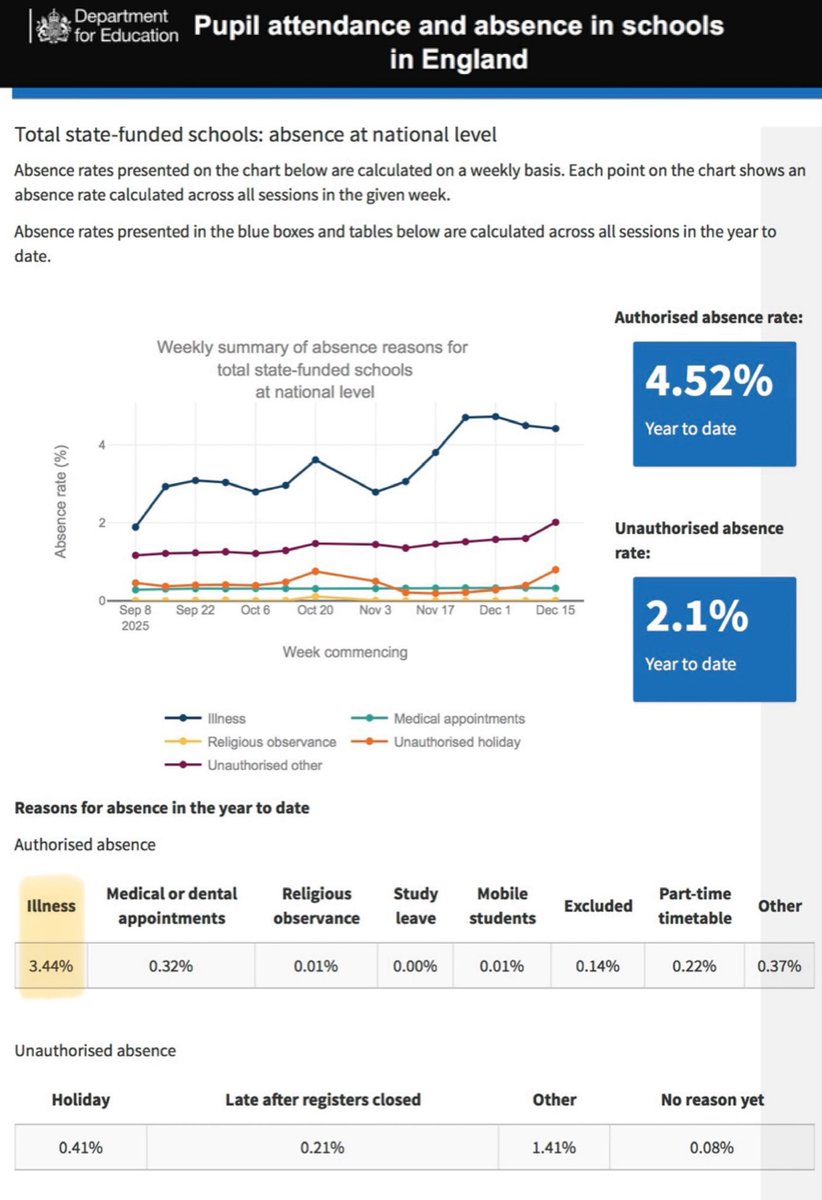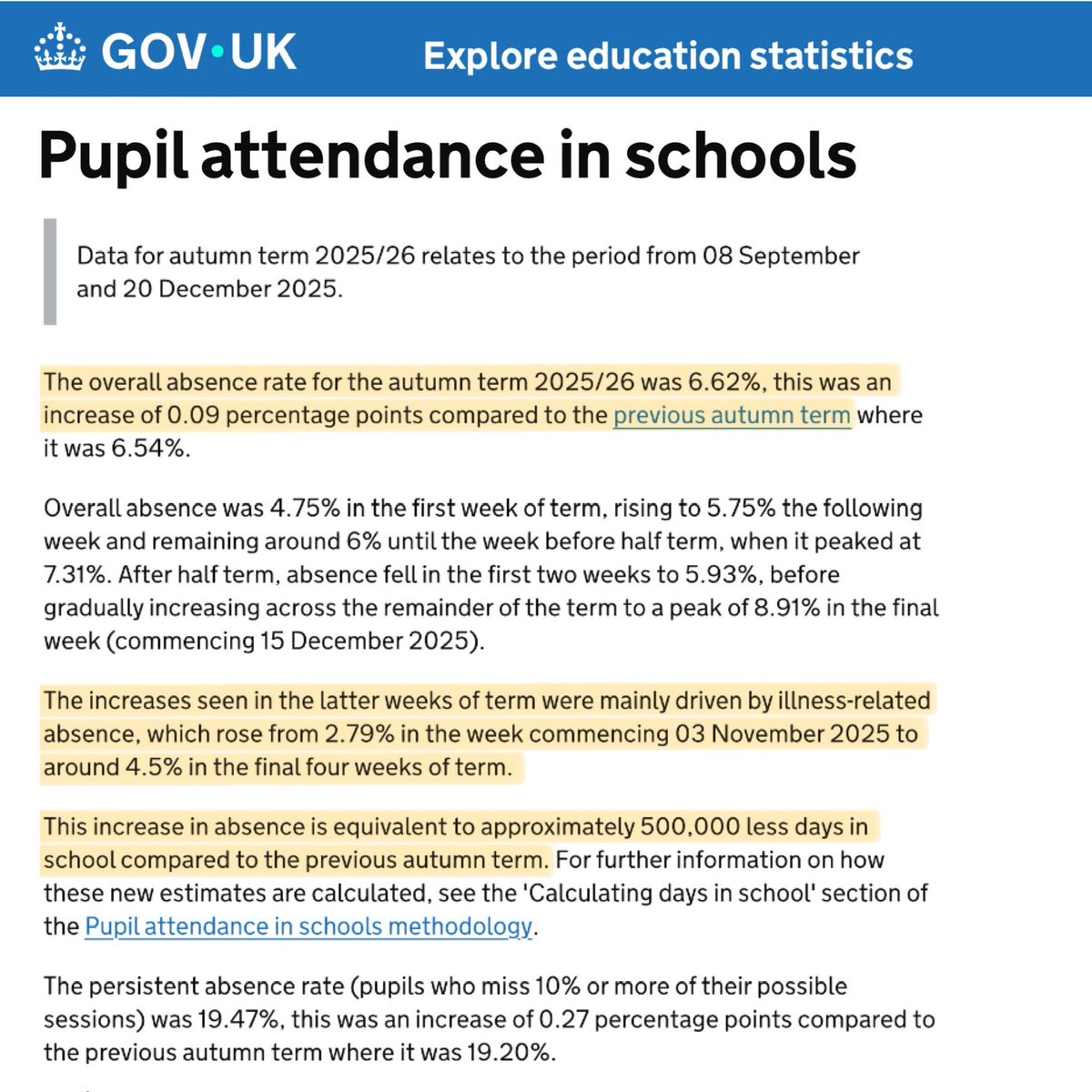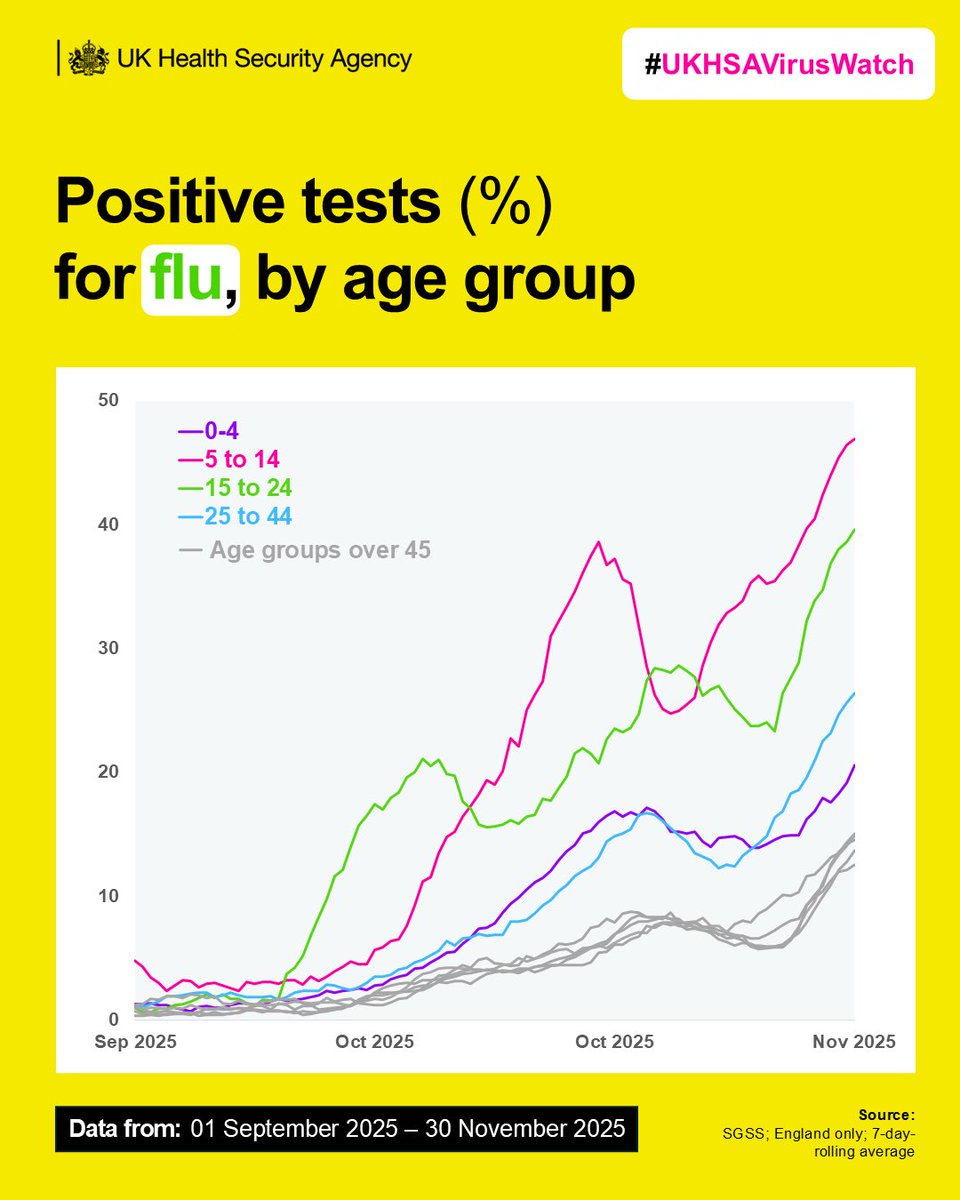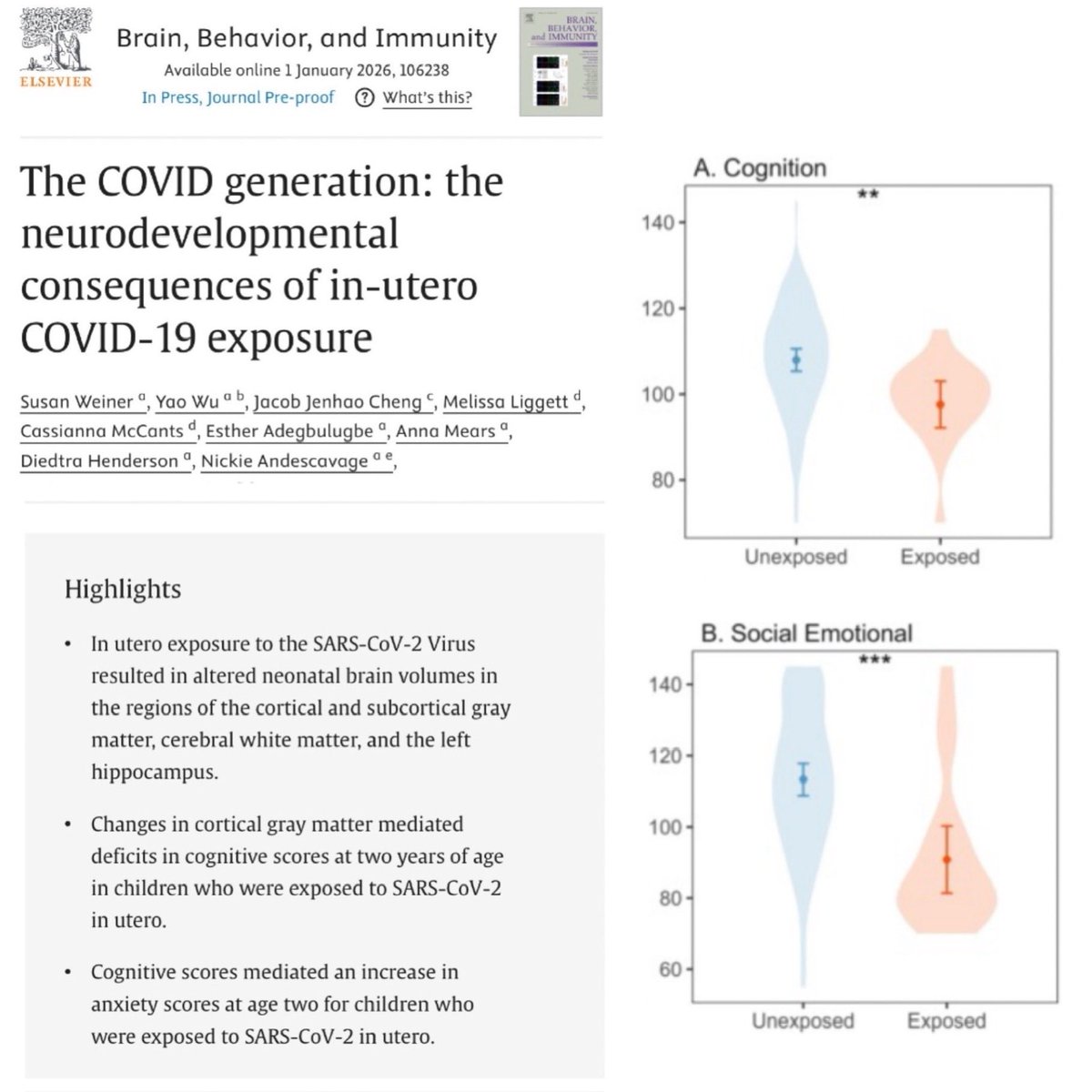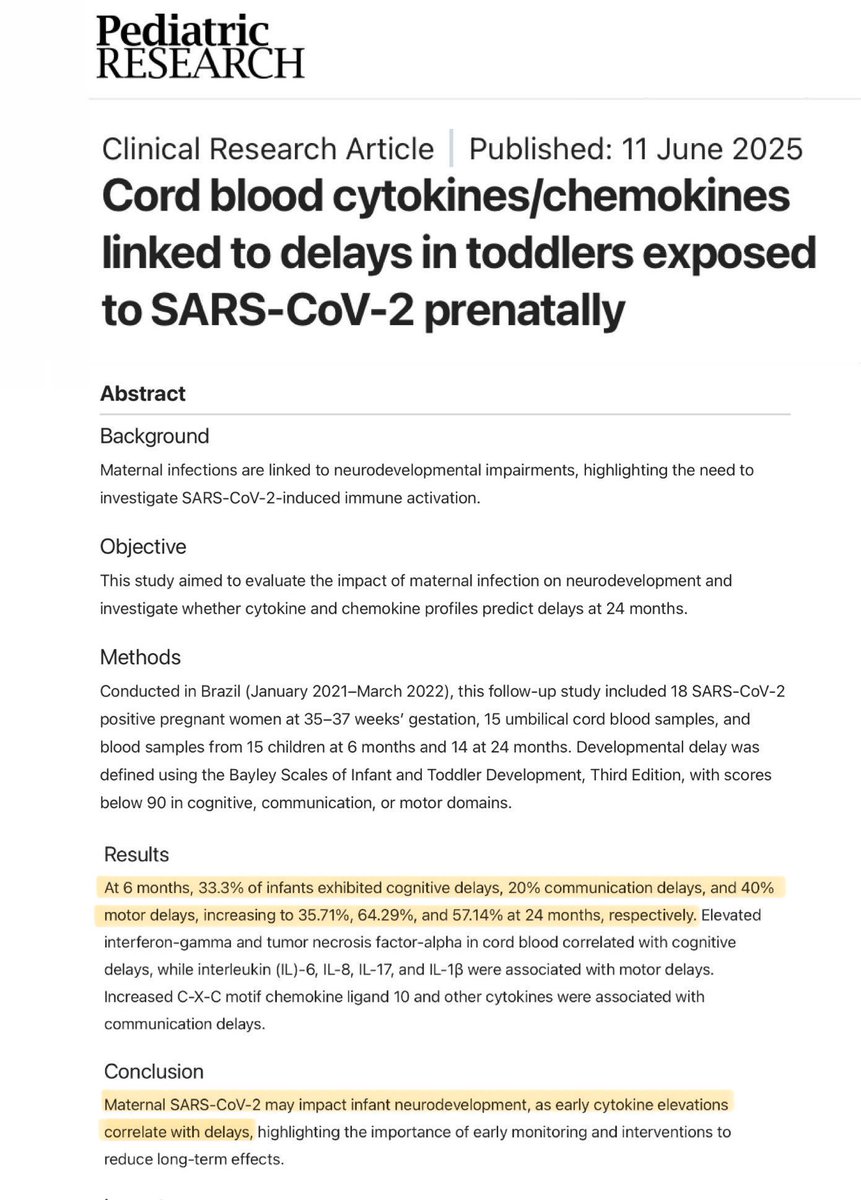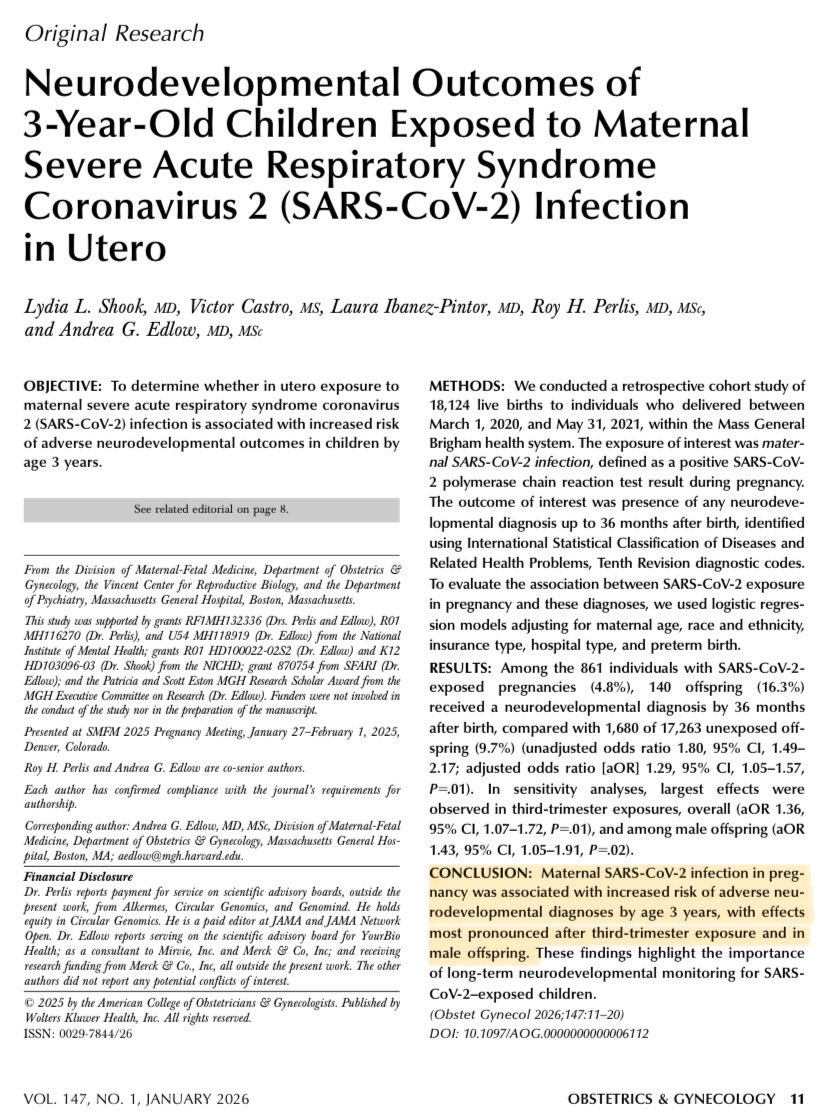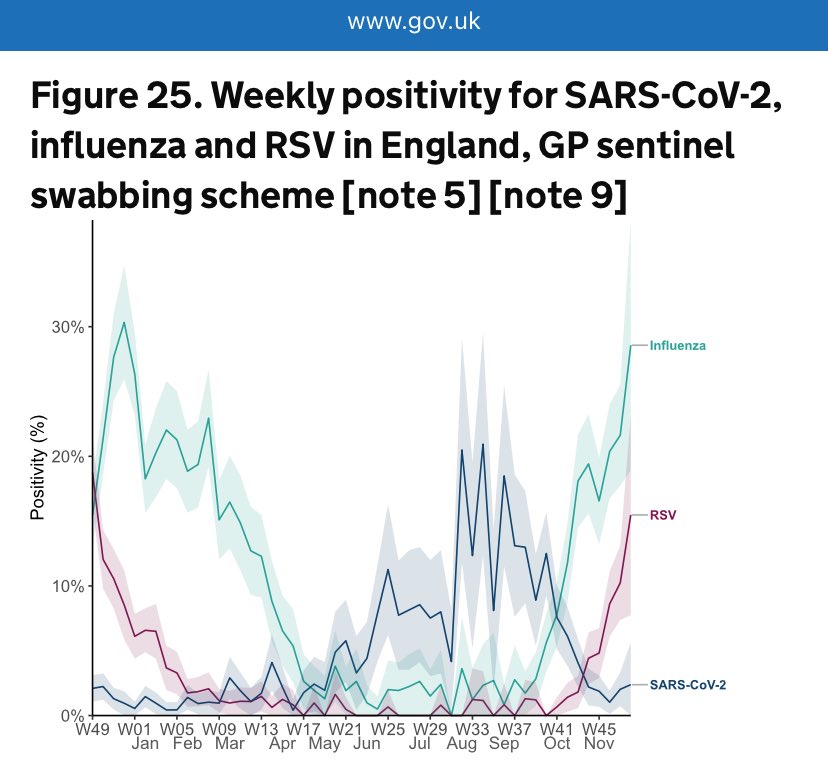The UK government recently published their 2023 edition of the National Risk Register (NRR).
This document is a summary of the most serious risks facing our country.
The risks identified are then grouped into 9 core risk themes.
Can you guess what the #1 top risk is?
🧵
This document is a summary of the most serious risks facing our country.
The risks identified are then grouped into 9 core risk themes.
Can you guess what the #1 top risk is?
🧵

So here’s the Risk Matrix for the UK. It plots the likelihood vs impact for each key risk.
There’s one that stands out from the crowd…
Number 54.
Its impact is great enough to be considered ‘catastrophic’ & its likelihood is considerably higher than other catastrophic risks.
There’s one that stands out from the crowd…
Number 54.
Its impact is great enough to be considered ‘catastrophic’ & its likelihood is considerably higher than other catastrophic risks.

To summarise:
The National Risk Register (NRR) documents the most serious risks facing our country.
It has identified ‘Pandemics’ as being the number 1 risk facing the UK.
The National Risk Register (NRR) documents the most serious risks facing our country.
It has identified ‘Pandemics’ as being the number 1 risk facing the UK.

So what’s the point of this Risk Register?
This is explained in the foreword:
“We are giving businesses & other organisations as much information as possible about the risks they face, so that they can use this knowledge to support their own planning, preparation and response.”
This is explained in the foreword:
“We are giving businesses & other organisations as much information as possible about the risks they face, so that they can use this knowledge to support their own planning, preparation and response.”

So if the whole point of the risk register is to help the UK with its preparedness to tackle the key risks identified…
…and the number one key risk identified is ‘pandemics’…
…why the hell aren’t we doing more to prepare for it?
…and the number one key risk identified is ‘pandemics’…
…why the hell aren’t we doing more to prepare for it?
The current pandemic is far from over & the government are already doing a pretty poor job of handling that one.
They’ve installed enhanced air filtration systems in Parliament, MoD & DfE HQ…
…but refused to install air filters in schools, hospitals & other public spaces.

They’ve installed enhanced air filtration systems in Parliament, MoD & DfE HQ…
…but refused to install air filters in schools, hospitals & other public spaces.
https://twitter.com/_catinthehat/status/1616892097046478853

They’ve systematically dismantled & obfuscated the entire Covid data surveillance system to the point where no one can be quite clear on what’s going on…
Thread 🧵👇🏻

Thread 🧵👇🏻
https://twitter.com/_catinthehat/status/1680656335111700480

They’ve massively reduced the eligibility criteria for the Covid vaccine and are using up older outdated vaccines rather than investing in the new updated XBB vaccine used in the US, Canada and many other countries.

https://twitter.com/_catinthehat/status/1701906749408596057

They’re encouraging children with symptoms of Covid to come to school anyway and spread it to all of their classmates & teachers, starting countless new chains of transmission.
Last Autumn term (2022/23), 12.4% of all pupils missed 10% or more sessions due to illness alone.

Last Autumn term (2022/23), 12.4% of all pupils missed 10% or more sessions due to illness alone.
https://twitter.com/_catinthehat/status/1699362196084388304

They’ve removed all masking, self-isolation & routine Covid testing mandates for both staff & patients in hospitals.
Even before this guidance, 30% of patients in hospital with Covid had caught it there.
It will almost certainly be worse now but is no longer tracked.

Even before this guidance, 30% of patients in hospital with Covid had caught it there.
It will almost certainly be worse now but is no longer tracked.
https://twitter.com/_catinthehat/status/1691361556196380673

The National Risk Register includes a section specifically addressing the Covid pandemic.
It reiterates that:
“The most significant risk to materialise in the UK has been the COVID-19 pandemic. This has impacted all aspects of society & will have consequences into the future.”
It reiterates that:
“The most significant risk to materialise in the UK has been the COVID-19 pandemic. This has impacted all aspects of society & will have consequences into the future.”

It goes on to say:
“The risk of a pandemic has long been identified as one of the most serious risks facing the UK.”
…and…
“The lessons from COVID-19 have been incorporated into the government's risk assessment methodology.”
Uh oh. 😳
“The risk of a pandemic has long been identified as one of the most serious risks facing the UK.”
…and…
“The lessons from COVID-19 have been incorporated into the government's risk assessment methodology.”
Uh oh. 😳

Seriously though, if pandemics really are the number one risk facing the UK, why on earth aren’t we investing in clear air technologies, like improved ventilation & air filtration, NOW?
…particularly in places like schools and hospitals?

…particularly in places like schools and hospitals?
https://twitter.com/_catinthehat/status/1687041645584293888

Improving ventilation & air filtration doesn’t just reduce transmission of Covid, it works for ALL airborne diseases.
It will future proof us against future pandemics, as well as reducing the spread of the current one.
We need a clean air revolution!
northwestbylines.co.uk/environment/po…
It will future proof us against future pandemics, as well as reducing the spread of the current one.
We need a clean air revolution!
northwestbylines.co.uk/environment/po…
If you’re interested in reading the full 2023 U.K. National Risk Register document, you can find the link below 👇🏻
assets.publishing.service.gov.uk/government/upl…

assets.publishing.service.gov.uk/government/upl…

• • •
Missing some Tweet in this thread? You can try to
force a refresh




